The typical lifespan of an electrical panel ranges from 25 to 40 years on average. And with the advancement of technology, older panels may not be up to current safety standards. Certain brands that have been around for a while may pose some electrical problems. Just to be on the safe side, make sure to have a licensed electrician evaluate your panel to determine if it needs replacement.
4. What Is the Capacity of the Electrical Panel?
Besides the age of the electrical panel, you may also want to know if it has adequate capacity. Older 60-amp panels tend to be undersized when compared to today’s panels. While they were huge back in the day, they can’t quite support modern-day appliances. Nowadays, the minimum size for residential breaker panels is 100 amps. If the electrical inspection reveals that the amperage is less than 100, you may want to upgrade the panel.
5. Does the Electrical Panel Smell, Heat up, or Make Sounds?
Aside from the occasional clicking sound when a breaker trips, electrical panels should normally be silent. A state-licensed electrician would be able to address any sort of buzzing or hissing sounds coming from the panel. Other signs from a panel that indicates a fault in the electrical system include odd smells and burnt plastic. In addition, a breaker that doesn’t last long before tripping again needs an electrician to have a look at it. Normally, a homeowner should be able to notice these symptoms without an electrician’s inspection.
6. Are Kitchen, Bathroom, and Exterior Receptacles GFCI-Protected?
One question that many homeowners forget to ask is whether the kitchen, bathroom, and exterior power outlets are GFCI-protected. Electrical safety is not something a homeowner can overlook. As such, it is absolutely critical to be clear about this question. You’ll be surprised to learn that many accidents are a result of faulty receptacles. This only goes to show how important it is for electrical outlets to have GFCI protection. GFCI is short for ground fault circuit interrupter, and the device is responsible for controlling the circuit’s electric flow.
Ensuring that your new home’s electrical system features GFCI protection can give you the peace of mind you need. The device essentially cuts the electric flow as soon as it detects a disturbance in the circuit, and is extremely quick in doing so. This is a crucial feature as it can actually protect you from electrocution — which can often be fatal.
Besides GFCI, a house should also have AFCI devices. While the former prevents electrocution, the latter helps in eliminating the risk of fires that may result from faulty wiring and connections. An electrical inspection will determine whether the house features these devices or not.
7. What Type of Wiring Does the Home Have?

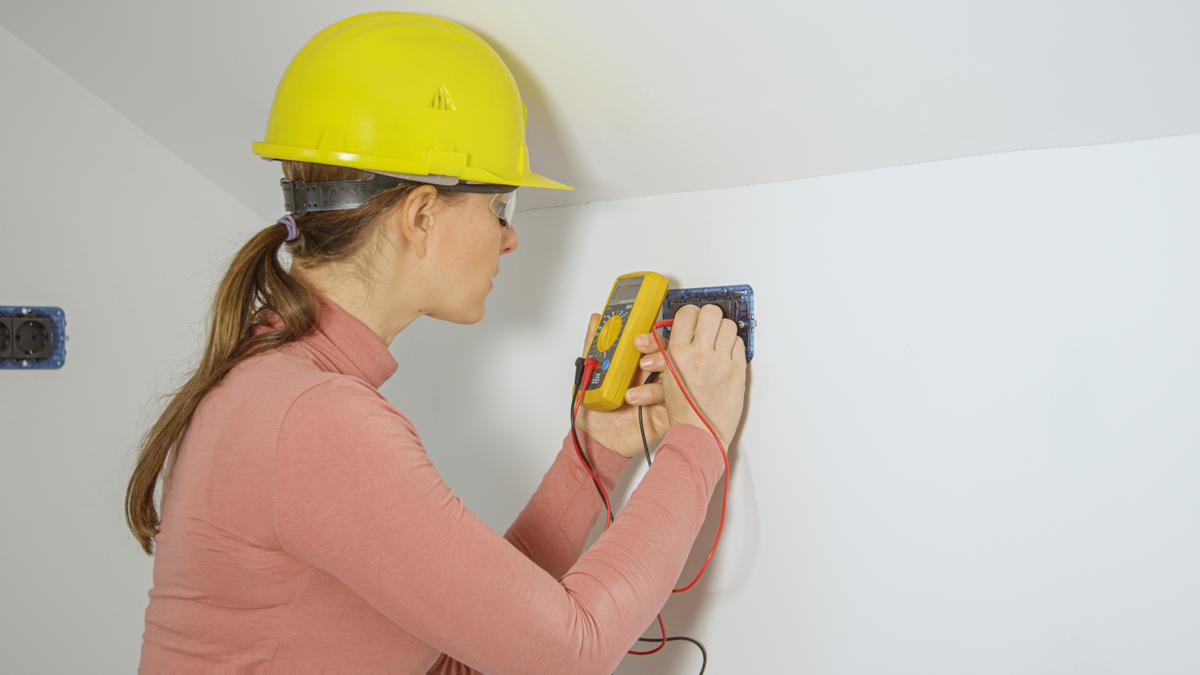
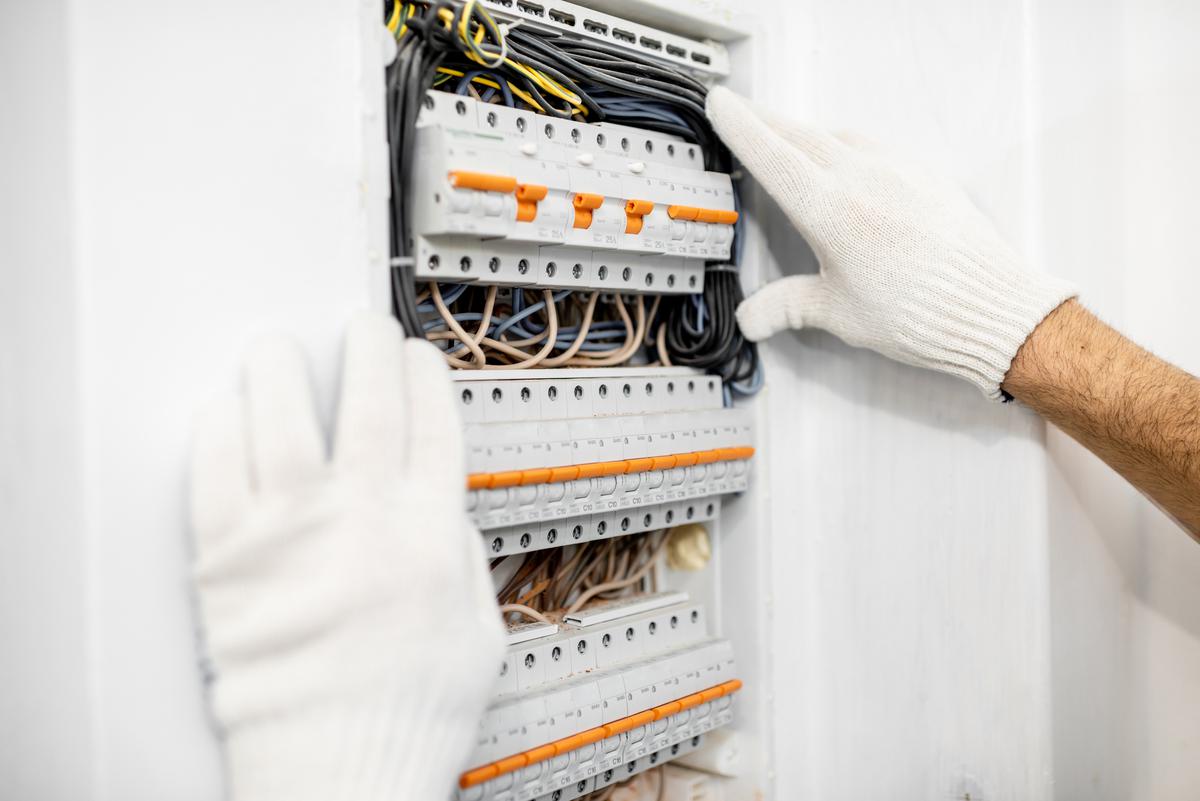
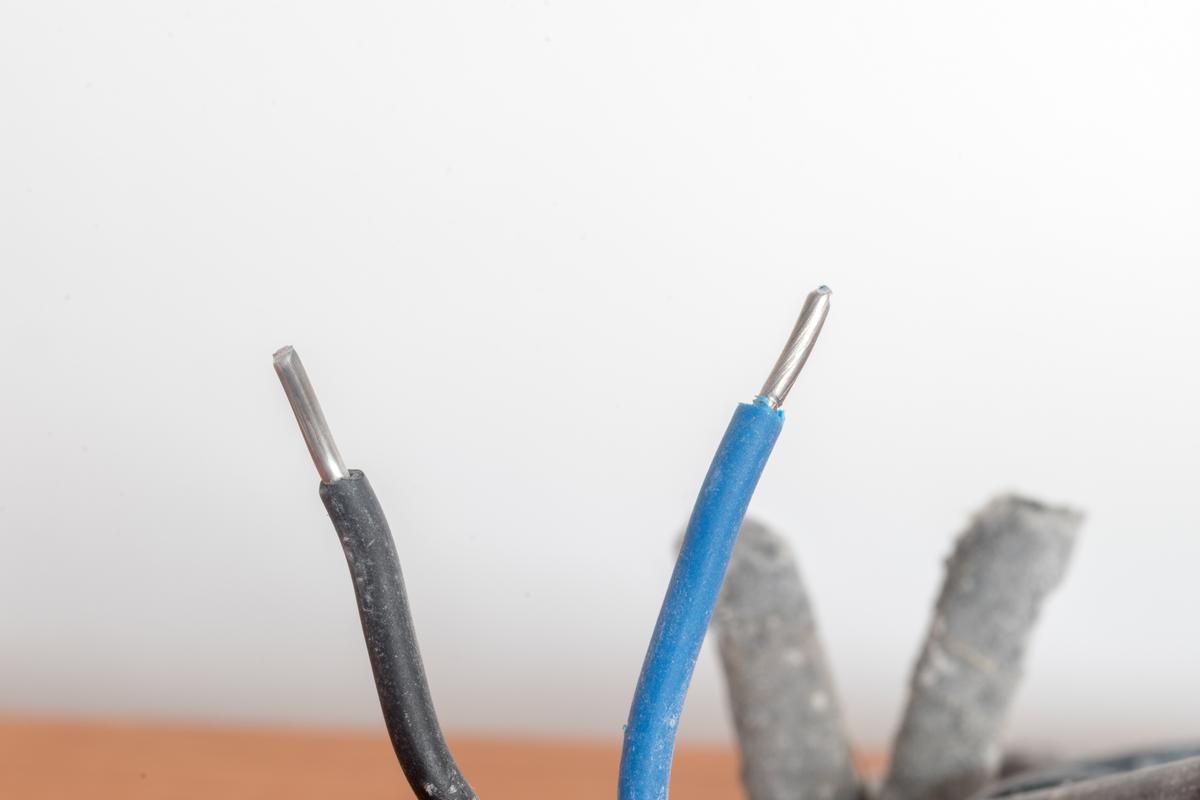

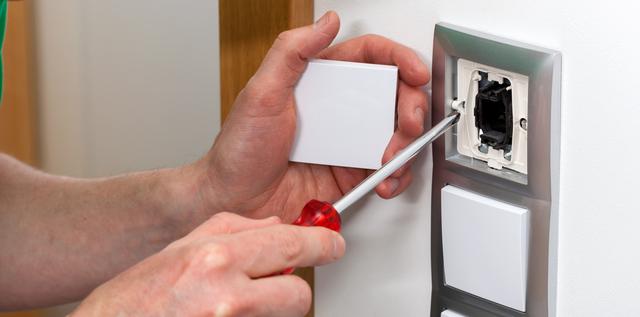
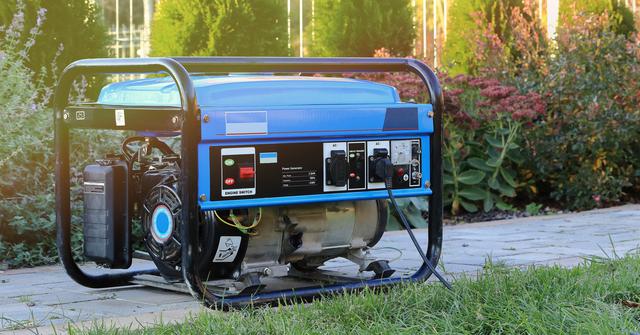
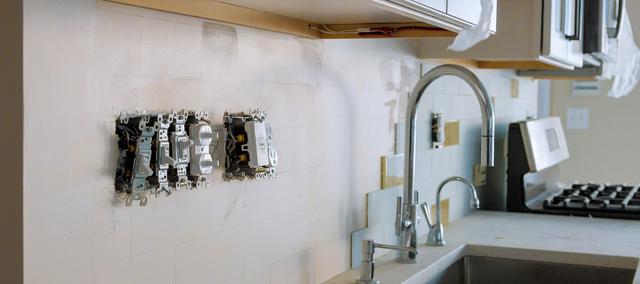
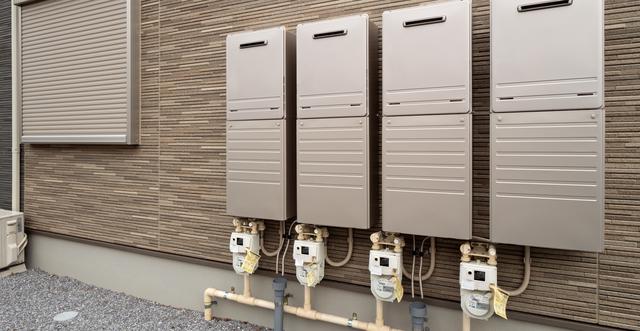
comments